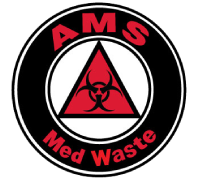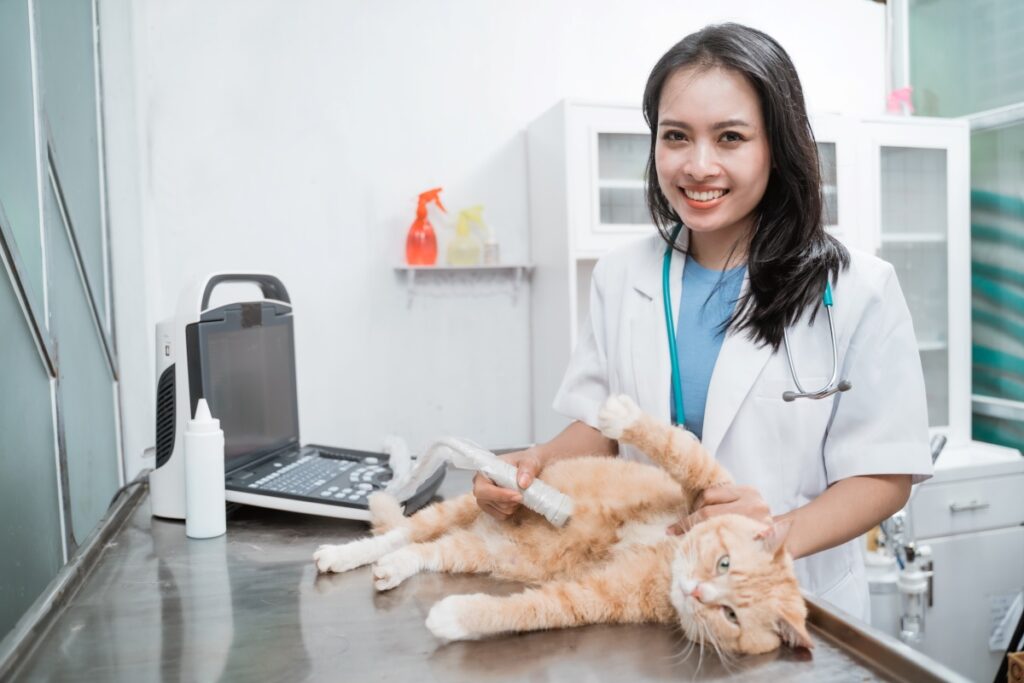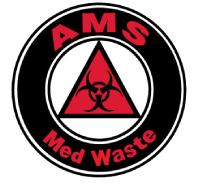Veterinarians prioritize the well-being of animals, providing excellent care for furry (and sometimes not-so-furry) companions. But what happens to the medical waste generated during treatment? Safe and responsible disposal of sharps, medication, and other medical waste is crucial for public health and the environment.
Why Proper Medical Waste Disposal Matters
Improper disposal poses several risks:
- Human and Animal Health: Mishandled sharps can transmit serious diseases. Discarded medications can be accidentally ingested by pets or children, leading to poisoning.
- Environmental Contamination: Medical waste can contain harmful chemicals and pathogens. Improper disposal allows these contaminants to leach into soil and water, harming wildlife and ecosystems. Over time, this contamination can even reach drinking water, posing a significant health risk.
- Compliance Risks and Fines: Veterinary practices must comply with federal and state regulations governing medical waste disposal. Failure to do so can result in hefty fines and even license suspension.
Protecting Paws and the Planet: Eco-Friendly Disposal Options
Veterinarians have a responsibility to protect both animal health and the environment. Here are some eco-friendly medical waste disposal options that minimize environmental impact while adhering to regulations:
- Autoclave sterilization: This process uses high pressure and steam to decontaminate waste, rendering it safe for landfills. It eliminates the need for harsh chemicals and minimizes the risk of pathogens entering the environment.
- Microwave technology: This innovative method uses microwaves to deactivate pathogens within medical waste. Similar to autoclaving, it allows for safe landfilling while significantly reducing waste volume.
- Chemical disinfection: Some medical waste, like bandages or cultures, can be disinfected with EPA-approved chemicals before disposal in regular trash. This method requires careful handling and adherence to specific regulations.
Additional Tips for Eco-Friendly Waste Management:
- Waste segregation: Separate regular trash from medical waste and recyclables to minimize the amount of medical waste requiring specialized treatment.
- Sharps containers: Use puncture-resistant containers specifically designed for sharps to minimize accidental injury and allow for safe disposal through licensed medical waste companies.
- Reusable items: Opt for reusable items like thermometers or surgical instruments over disposable alternatives whenever possible.
Staying Informed and Compliant
Regulations can vary by state or locality. The Environmental Protection Agency (EPA) website provides a wealth of information on medical waste disposal regulations. Additionally, contacting your state or local health department allows you to get specific guidance on regulations and eco-friendly disposal options applicable to your practice.
Take Action Today: Streamline Your Medical Waste Disposal
By implementing these practices, veterinary clinics can ensure responsible medical waste management that protects both animal health and the environment. However, navigating regulations and finding reliable disposal partners can be overwhelming.
That’s where AMS MedWaste can help! We are a leading medical waste disposal company committed to providing safe, eco-friendly solutions at competitive rates. With AMS MedWaste, you can:
- Enjoy customized service plans tailored to your veterinary practice’s specific needs.
- Benefit from a dedicated team of trained and professional service technicians.
- Experience substantial savings compared to larger competitors.
- Get peace of mind knowing you’re compliant with all regulations.
Ready to simplify your medical waste disposal and protect the environment? Get a free quote today! Call AMS MedWaste at 1-847-658-0400 or visit our website to learn more about our services.






